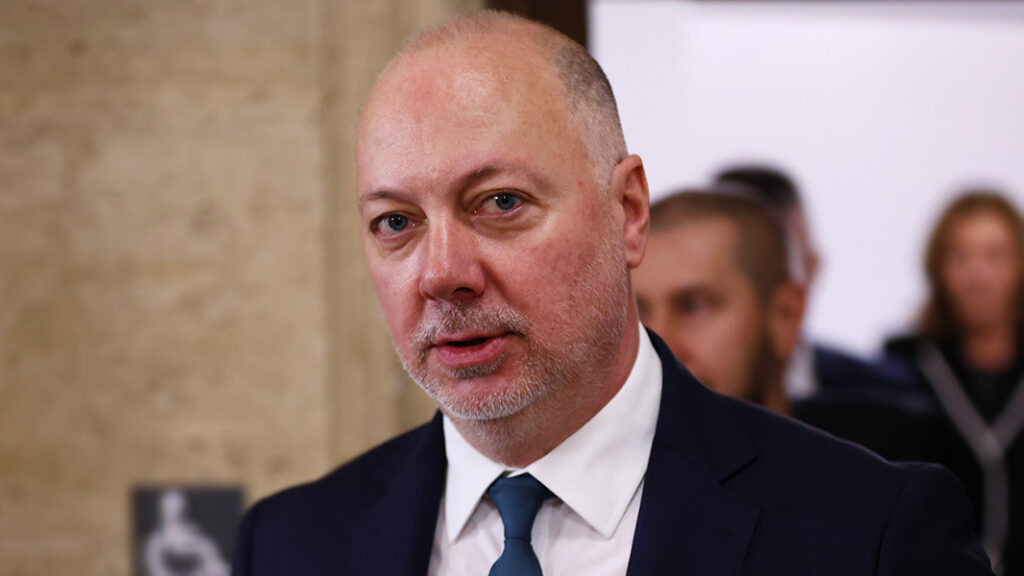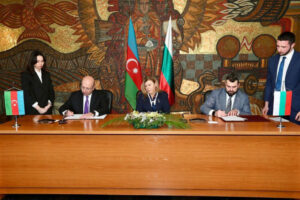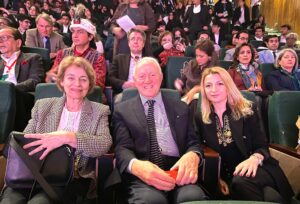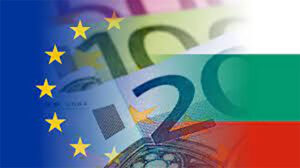Bulgarian Prime Minister Rejects Renewed Eurozone Debate Amid Institutional Tensions

Sofia, The Gulf Observer: Prime Minister Rosen Zhelyazkov firmly dismissed calls for a renewed national debate on Bulgaria’s accession to the eurozone, arguing that such discourse would only serve to sow fear and deepen political divisions. Speaking at a high-level discussion titled “Financial Literacy as a Factor for Investments, Incomes and the Eurozone”, Zhelyazkov emphasized that the euro adoption debate was settled in 1997, and should not be reopened for political purposes.
“The government does not need a debate that creates fear among the people,” the Prime Minister stated. “What is unsettling society at the moment is the inter-institutional bickering,” he added, cautioning against further political wrangling that could derail national focus and potentially trigger new electoral cycles.
The Prime Minister’s comments came in response to President Rumen Radev’s recent expression of concern about institutional preparedness for potential price shocks associated with euro adoption. While Zhelyazkov acknowledged that speculation around prices is possible, he stressed that it is neither hidden nor unmanageable, pointing to a clear, structured roadmap that the government is already following.
Zhelyazkov highlighted the legislative progress made, including the euro adoption law passed by the National Assembly and signed by presidential decree, as well as the national coordination mechanism established in 2015. He also referenced the updated national plan and communication strategy from 2023, noting they contain concrete measures and timelines to ensure a smooth transition.
“As a government, we depend on inter-institutional cooperation and will not participate in political debates that manipulate people and stir up fear,” he reiterated. “This debate has already taken place in the past. Now, the country needs confidence and unity to strengthen its economic competitiveness.”
However, Vice President Iliana Yotova criticized the government’s approach, expressing dissatisfaction with the lack of transparency and public engagement on the issue. Speaking from Sozopol, Yotova argued that those in charge of eurozone accession are avoiding open dialogue and failing to answer citizens’ concerns.
“In this climate, full of insults and manipulative tactics, the public is not receiving real answers to their questions,” she said. Yotova called for a national conversation based on facts, possibly including a referendum to encourage public understanding and consent.
While stopping short of opposing euro adoption, Yotova stated that she is ready to actively participate in the discussion, drawing on her experience as a former Member of the European Parliament. “People must be informed so that they can make their own decisions. I cannot tell them how to vote, but I can help by providing them with information,” she concluded.
The divide between the executive leadership and the presidency reveals ongoing institutional tensions around one of Bulgaria’s most consequential economic and political moves. As the country approaches key milestones on the path to eurozone membership, the balance between public trust and policy execution remains a pivotal concern.


